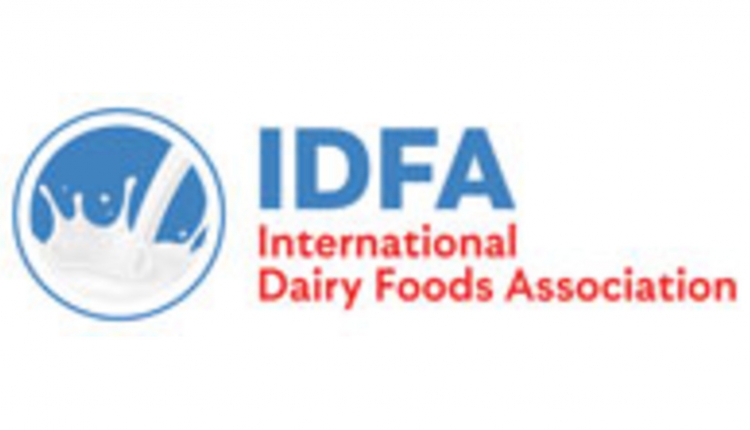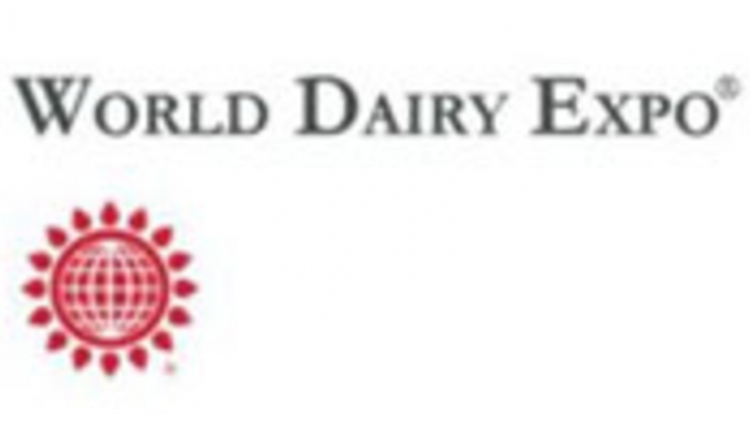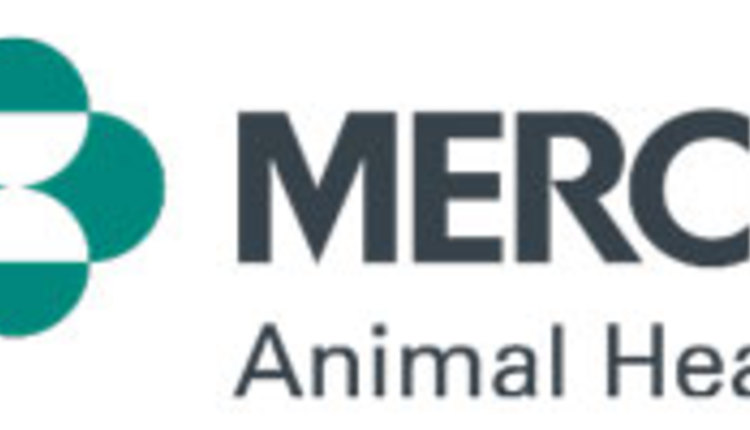
Today, the U.S. Department of Agriculture announced the appointment of Michael Dykes, D.V.M., president and CEO of the International Dairy Foods Association (IDFA), and Becky Rasdall, IDFA vice president of trade policy and international affairs, to the Agricultural Policy Advisory Committee (APAC) for Trade and the Agricultural Technical Advisory Committee (ATAC) for Trade in Processed Foods, respectively.
The advisory committee system was created by the U.S. Congress in 1974 to ensure that U.S. trade policy and trade negotiating objectives adequately reflect U.S. public- and private-sector interests. The APAC and six ATACs advise the Secretary of Agriculture and the U.S. Trade Representative about a wide range of agricultural trade issues. Terms are for four years
Dykes was named a member of the APAC for Trade for a second consecutive term. He also served on the APAC for Trade during the administrations of President Bill Clinton and President George W. Bush. The APAC provides advice on the administration of U.S. trade policy, including implementation and enforcement of existing U.S. trade agreements and negotiating objectives for new trade agreements.
Rasdall was named a member of the ATAC for a second time in her career. The ATACs offer technical advice and information about specific agricultural commodities and products.
“It is an honor to be appointed again to the Agricultural Policy Advisory Committee for Trade to bring the perspective of the U.S. dairy industry,” said Dykes. “Trade delivers tremendous benefits, but we need to do more in our trade policy efforts to reach the 95 percent of potential customers living outside the United States. I look forward to providing guidance on how to protect trade relationships and develop new trade relationships and agreements to make U.S. dairy even more competitive and feed more people around the world.”
“I am honored and grateful to represent the U.S. dairy industry and work with the Secretary of Agriculture and U.S. Trade Representative on technical trade issues,” said Rasdall. “IDFA recognizes the U.S. dairy industry’s needs for equitable and transparent agreements that provide certainty, create preferential access, open markets and eliminate barriers. I look forward to bringing that perspective to the ATAC.”
The U.S. dairy industry, which supports more than 3 million jobs in the United States and pumps almost $620 billion into the U.S. economy, relies on trade agreements to open new markets and increase exports. After being a net importer of dairy products a decade ago, the United States now claims a dairy trade surplus of $2.7 billion and sends American dairy products to 146 countries. U.S. dairy exports nearly tripled since the early 2000s, and the United States became the world’s third-largest dairy product exporter behind New Zealand and the European Union (EU). Today, approximately one day’s worth of milk produced each week is exported, or roughly 15% of all production. As U.S. milk production continues to increase over the next decade, new trade agreements will become even more vital to ensure the global competitiveness of the industry and to boost the American economy.


